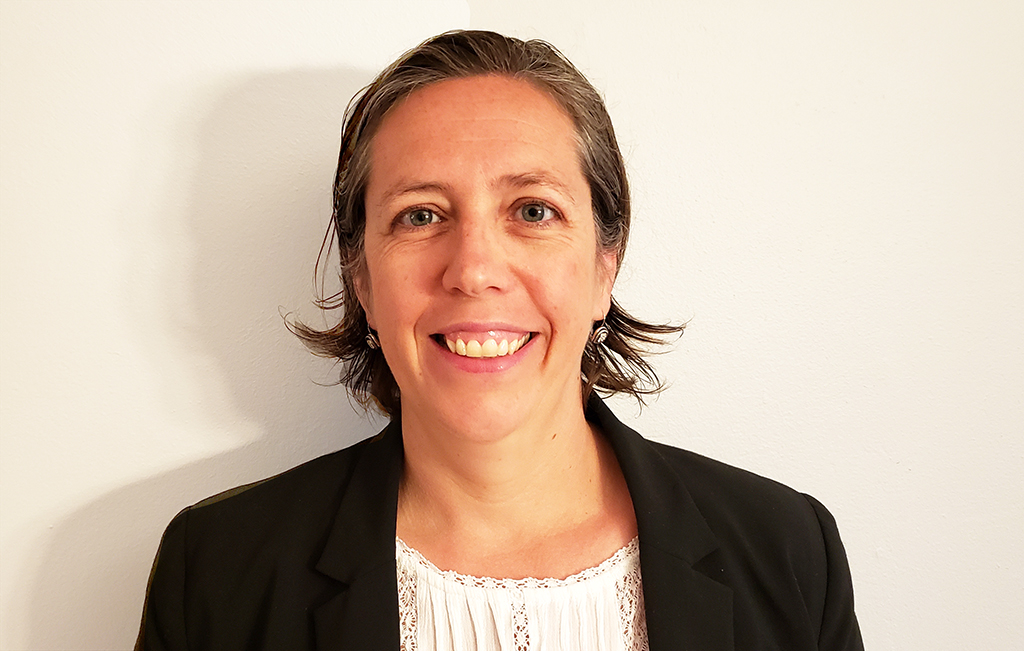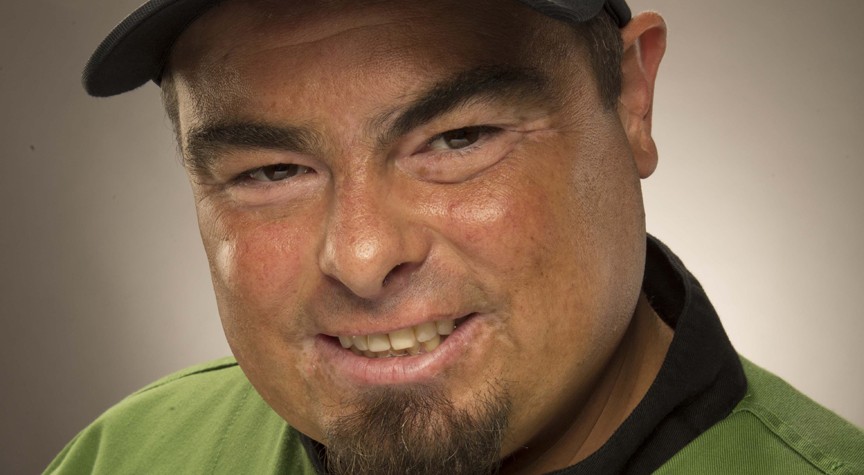Christine Lombard is a leader by nature.
As director of rehabilitation services and a physical therapist for Elderwood Burlington—a senior care facility—she is responsible for managing a team and helping patients get back on their feet.
Lombard graduated from UVM in 2001 with a degree in physical therapy. As most of her background is in clinical care, Lombard was looking to enhance her skills in healthcare management and leadership.
She enrolled in UVM’s Healthcare Management and Leadership Professional Certificate program. The program includes five, one-day seminars focused on project management, data-driven decision making, strategy and management, change management, and how to lead and develop employees.
“Coming from a clinical background, I’ve never taken a business course,” Lombard says. “This was a nice way to further my knowledge in business management.”
Healthcare Management and Leadership Program Participants Learn To:
- Develop tools and strategies to become more effective managers and leaders
- Learn to develop strategy and assess the environment and stakeholder needs
- Develop planning and decision making tools and techniques
- Apply project management best practices and templates
- Learn to lead and manage organizational change in a healthcare setting
- Inspire, grow and support employees
“I learned something in every seminar, and there was a takeaway from each one that I could bring back to work,” Lombard says. “One of the seminars I liked the most was Leading and Developing Employees. I’m the type of person who has always been a leader and has been in a leadership role. But I didn’t know much about different leadership styles, so it was eye-opening to understand my leadership style and to see how other people that I work with lead.”
Lombard also enjoyed the Data-Driven Decision Making seminar, which highlights why things like quality outcome data, financial data, operational data, volume data, patient experience data, market share, and process data should be examined.
“As clinicians, we don’t always use the data-driven method because we tend to wear our heart on our sleeve,” she says. “But now I understand why it’s so important.”
Learn about UVM’s Healthcare Management and Leadership Professional Certificate




